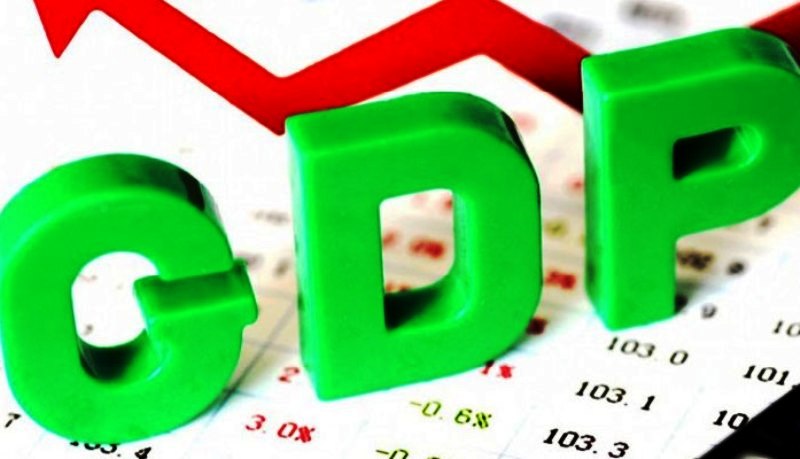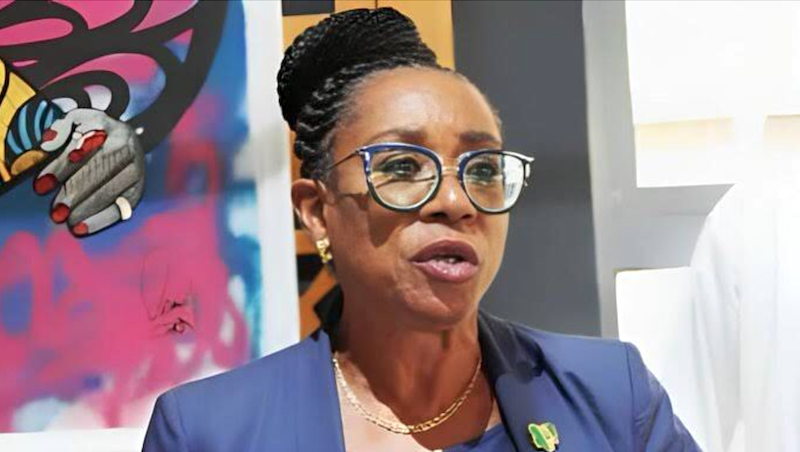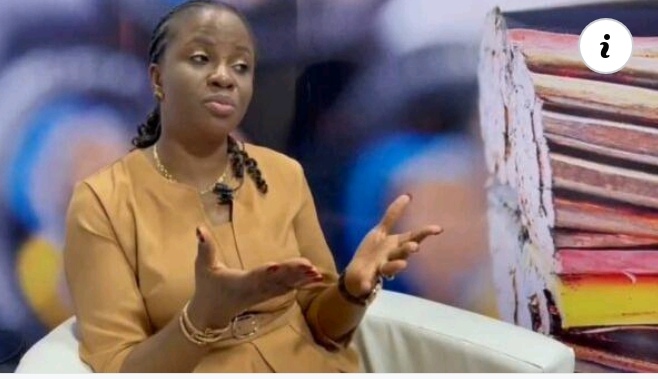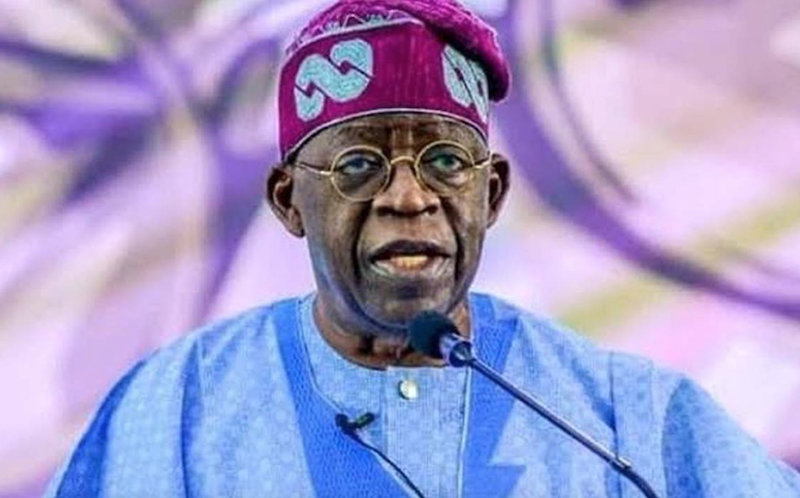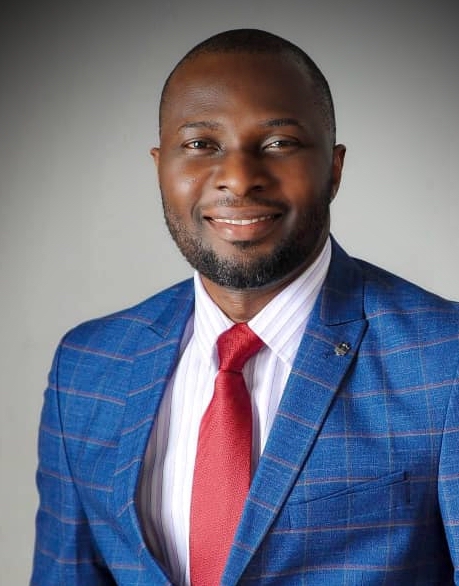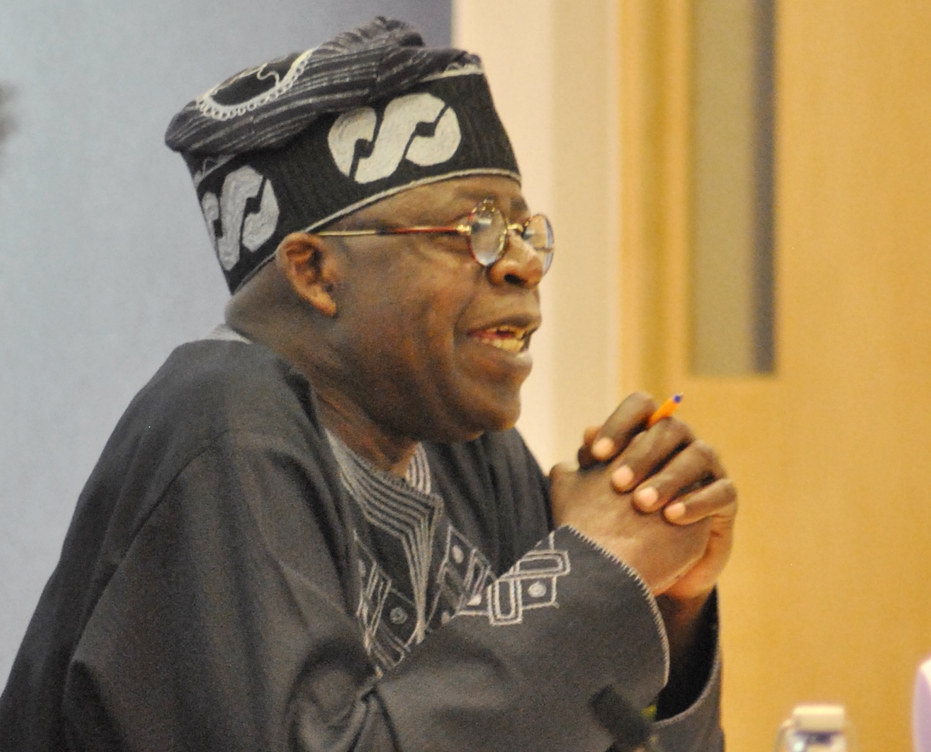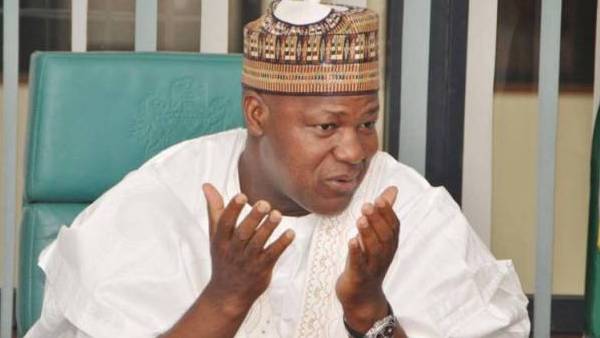Sen. Bola Tinubu, All Progressives Congress (APC) Presidential candidate, has reiterated his stance on addressing fiscal, monetary, and trade reforms to effectively increase domestic production if elected.
Tinubu said this during a dialogue to unfold his economic plan before the organised private sector under the aegis of the Nigerian Economic Summit Group (NESG) on Friday in Lagos.
The APC Presidential candidate said this was necessary in order to curb imported inflation, and to ensure better macro-economic stability by accelerating inclusive growth and job creation across Nigeria.
The two-term former governor of Lagos state reemphasised the importance of the private sector and his administration’s readiness to partner with them.
He, however, noted that before economic recovery could be achieved, the nation must be secured.
“First, to achieve the economy we seek, we must resolve the pressing security issues. No nation can flourish with terrorists and kidnappers in their midst.
“My core belief is that the private sector must be the prime driver of economic progress.
“However, the government establishes the framework within which the private sector must operate.
“If that framework is sound, the private sector will flourish but if the framework is frail or incomplete, then the private sector will struggle,” he said.
To achieve economic development, Tinubu listed some of the principles that would guide his administration’s plans and policies in tackling inflation, petrol subsidy and monetary policy.
He stated that PMS subsidy must be removed immediately as it had outlived its shelf life as a public good.
According to him, we will neither subsidise neighbouring countries’ fuel consumption nor allow a select few to reap windfall profits and hoard products.
“The subsidy money will not be ‘saved’ because that means elimination from the economy.
“Instead, we will redirect the funds into public infrastructure, transportation, affordable housing, education, health, and strengthen the social safety net for the poorest of the poor, thus averting increased security challenges.
“Fiscal policy will be the main driver while monetary policy is weaker and a less effective instrument.
Also, bad monetary policy is destructive. But even good monetary policy cannot carry the load the fiscal arm can.
“Thus, we must steadily remove ourselves from the fiction of tying our budgets to dollar denominated oil revenues.
“This is effectively pegging our budget to a dollar standard. It is as outdated as the fuel subsidy itself.
“It is also restrictive and ties the economy to slow growth.
“Just as the common man must mentally sever the cord to the subsidy, the elite must cut the cord to this artificial fiscal restraint,” he added.
Speaking on budgeting, he stated that it would be based on the projected spending levels needed to push real annual growth rate above 10 per cent, while reducing the unemployment rate.
This is so that the economy can be doubled in seven years.
He added that to cater for the economic needs of the over 200 million Nigerians, his administration would expand the manufacturing base to provide jobs, and also create affordable goods and products for the population.
“For our industries to thrive, they need inputs, many of which are agriculture based.
“We will promote vibrant commodity exchanges that will guarantee minimal pricing for produce.
“We wil focus on using technology and expertise to accelerate growth in yields.
” And deliver the critical infrastructure necessary to achieve the commodity transformations and agribusinesses to plug seamlessly into higher, more lucrative, entry points in regional and global value chains.
“We will implement the “Infrastructure Master Plan” by adopting proven financing structures till we deliver an acceptable stock of hard infrastructure through seaports and airports; road, rail and water transportation linkages that can support our desired economic growth.
“Fixing the perennial problem of energy supply is a top priority.,” he said
To improve the enabling environment, Tinubu added that stable energy is of utmost importance.
This, he said, would be done by further decentralising transmission, and delivering cost reflective tariffs to attract more private investments in the sector.
The former Lagos state governor said: “Restrictions were placed on import and foreign exchange to promote industrialisation.
“It has instead increased smuggling, reduced revenues, impoverished consumers, and raised production costs for firms.”
To solve this, he said his administration would improve transparency, moving toward a unified exchange rate.
According to him, by relaxing stifling trade and capital control policies, domestic and foreign investors will be encouraged to invest more in the economy.
“Thus, unification of the Naira exchange, and the transparency it creates, will be a top priority of this Administration when elected,” Tinubu added.
On unemployment, Tinubu promised to focus on the creative sector, noting that it has an opportunity to provide millions of jobs annually.
He said, “Taking the creative sector as one example of a sector that already engages millions of our youth, the sector has significant untapped potential for generating quality jobs and foreign exchange earnings for our country.
“When elected, our administration will create a legal environment that can attract much needed private investment into the sector, eliminate widespread piracy and copyrights issues, as well as support the development of quality hard infrastructure needs.
“We will work to ensure all borrowing is geared toward productive economic activity, focusing on internal debt discipline”.
He said he would hit the ground running by selecting a team of technocrats who would help him run the country as he did when he was governor, stating that building a good team is important.
Earlier, the Chairman of the summit group, Mr Niyi Yusuf, said the dialogue was to give effect to a common and shared ideas on the economy between the group and critical stakeholders.
He said NESG was set up to promote and champion the reform of the Nigerian economy into an open globally competitive economy.
The APC presidential candidate was accompanied to the NESG session by Gov. Atiku Bagudu of Kebbi and Nasir el-Rufai of Kaduna.
Others included Gov Babajide Sanwo-olu of Lagos state and Dave Umahi, Ebonyi as well as former governors Adams Oshiomhole, Kayode Fayemi and Babatunde Fashola who is also Minister of Works among others.
